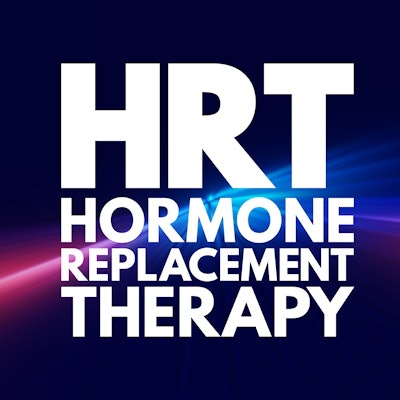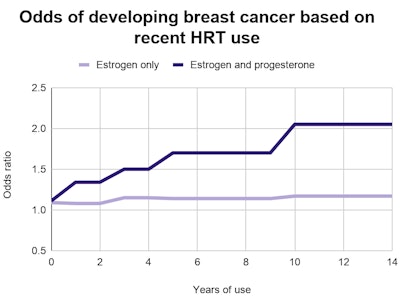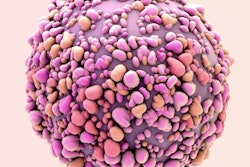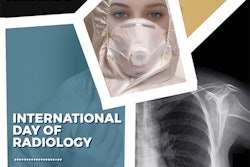
A new prospective study from the U.K. linked the use of hormone replacement therapy (HRT) for menopause with an increased risk of breast cancer. However, the risks vary depending on the type of HRT medication used, according to the findings of the research paper posted on 28 October.
A study in the BMJ confirmed the risks of HRT, especially for formulations that contain progesterone. It also showed that the risk of developing breast cancer is higher for women in their 70s and those with long-term use.
"This study delivers more generalizable estimates of the different risks of breast cancer associated with specific progestogen components of HRT, while confirming no increased risks from short-term use of estrogen only, estradiol-dydrogesterone, and tibolone," wrote the authors, led by Yana Vinogradova, PhD, a senior research fellow at the University of Nottingham School of Medicine.
HRT is used by millions of women to relieve menopausal symptoms. The treatment can boost women's quality of life and prevent osteoporosis, but it has also been repeatedly linked to breast cancer.
The new study sought to gain a realistic picture of how HRT use might influence the development of breast cancer among women in their 50s, 60s, and 70s. The authors used 20 years of data from two of the largest U.K. primary care databases.
The study included nearly 100,000 women who developed breast cancer between 1998 and 2018 and a control population of 457,000 women without cancer who were the same age and visited the same primary care clinic.
A total of 34% of women who developed breast cancer had ever been exposed to HRT, compared with 31% of women in the control group. The characteristics of the two groups were broadly similar, although women with estrogen-only HRT use had high rates of hysterectomy and oophorectomy.
The use of HRT was associated with a 21% increased risk of breast cancer even after the authors adjusted for other risk factors, including a personal history of benign breast diseases, family history of breast cancer, and rate of screening mammography.

The breast cancer risk was largely attributable to therapies that combined estrogen and progesterone. Women who used combination HRT had a 26% increased risk of breast cancer, compared with a 6% increased risk for women who used estrogen only and no risk increase for women who used estrogen creams or vaginal preparations.
The risk of breast cancer also depended on treatment duration. Women had a higher breast cancer risk with longer HRT use, especially for treatments that included medroxyprogesterone, norethisterone, and levonorgestrel. The risks were also higher for women in their 70s, likely because these women had overall longer HRT use than younger women.
The study benefited from a real-world design that likely reflects actual breast cancer risks of patients, the authors noted. However, it couldn't account for all breast cancer risk factors, including breast density, which may increase with HRT use. The authors called for future studies to look at HRT use and the time to diagnosis for breast cancer, tumor subtype, and overall outcomes.
"Our results add more evidence to the existing knowledge base and should help doctors and women to identify the most appropriate HRT formulation and treatment regimen, and provide more consistently derived information for women's health experts, healthcare researchers, and treatment policy professionals," the authors concluded.



















